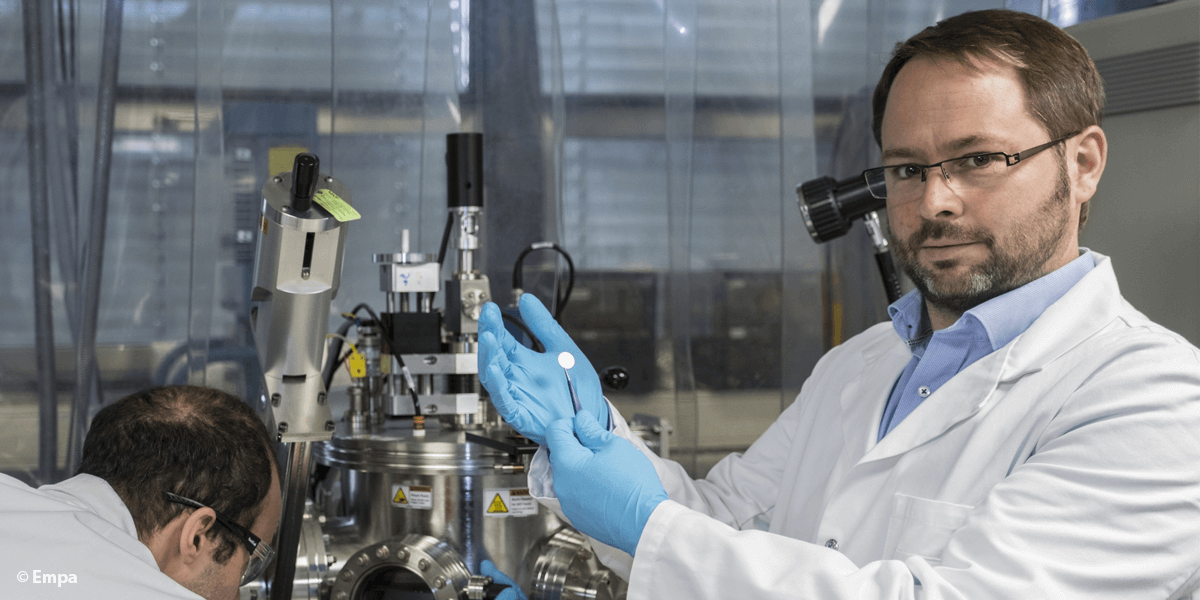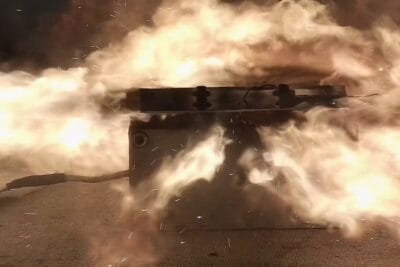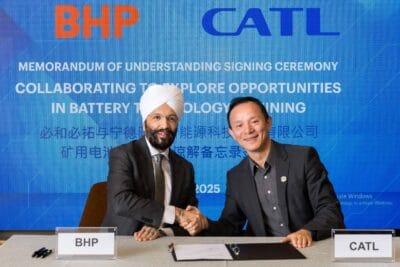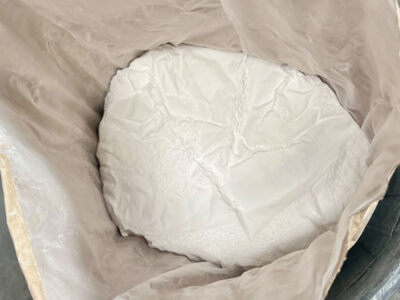Fraunhofer and EMPA cooperate on solid state batteries
At the beginning of the year, the Fraunhofer Institute ISC and the Swiss Federal Laboratories for Materials Testing and Research (Empa) launched a joint research project called IE4B to create the basis for production-ready solid-state batteries for electric cars.
The project builds on the strengths of both research partners. While Empa, based in the Swiss city of Dübendorf, is contributing the chemical and physical foundations for the new battery technology, the Fraunhofer ISC, based in Würzburg, Germany, is adding its know-how in process development and battery cell production, including the prototypes.
According to the partners, the leap in technology towards solid-state batteries offers an opportunity to bring key technology to Europe that was previously firmly in the hands of Asian companies. “Battery cells of this kind do not require flammable liquid electrolytes and thus provide significantly improved operational reliability. They also provide advantages in terms of size and weight, because less complex safety housing is required,” according to an accompanying press release. By using metallic anode material instead of the graphite anodes commonly used today, a higher energy density and significantly shorter charging times are also possible.
While the individual components of future solid-state batteries have already been well investigated in the laboratory, the greatest challenge, according to the Fraunhofer scientists, is to combine them into a stable overall system. The basis for this will now be laid within the framework of the IE4B project (‘Interface Engineering for Safe and Sustainable High-Performance Batteries’). Specifically, Empa is working on the development of solid-state electrolytes, the production and characterisation of thin films with customised electronic properties, and the development of nanostructured anode materials. The Fraunhofer ISC researches lithium conductive polymers and the development of protective layers made of sol-gel materials. It also develops, manufactures, and tests prototypes and small series of battery cells.
From the outset, industrial companies from Germany and Switzerland have also been involved, supporting the project from an industrial perspective. These include Heraeus, the Buhler Group, Applied Materials, Varta and ABB.





0 Comments